I had a phone call recently from a lady buying a condo who was very concerned about the presence of the number 4 in her suite number. For those who don’t know, historically this number has been seen as bad luck because the word for it in all Chinese dialects sounds like the word for death. Therefore, in that culture, the number has an association with death and people avoid using it in addresses and phone numbers.
However, the same culture also views 8 as good luck, stating that it looks like the symbol for infinity but upright. One could choose to see 8 as two times 4 (which it is) and therefore as ‘double death’ but for some reason they don’t (even though death could be seen as being merged with infinity). I believe that this shows that how you choose to see a given number is a matter of interpretation and belief.
I think that whenever we are afraid of something, it’s valuable to articulate the envisioned consequences. What is it that might happen if you live on the 4th floor, or in a home with the number 4 in it? Will there be an earthquake and the fifth floor will drop onto the fourth floor, killing everyone on the lower floor but leaving everyone and everything else unscathed? Only people living there will have bad luck while others will have good luck? Will people sitting in the fourth row of a plane be the ones to die in a plane crash but no one else? Or will the plane crash because YOU are sitting in the 4th row (but not when someone else does…)?
Do things really change if you adjust the numbers associated with an objective reality? In Vancouver’s suburb of Richmond, which has a lot of Chinese residents, a lot of buildings don’t have a 4th floor. And before we start pointing out how silly this might be, let us also be aware that a lot of North American buildings don’t have a 13th floor (airplanes don’t have 13th rows either). Now, whether the number isn’t there or not… the floor which is now the 14th floor actually IS the 13th floor if you count up – so it is just the symbol of the number that’s important? Not the actual presence of the value of that number?
You can see how deep a rabbit-hole this can lead you down.
What is your view of the world and life if this becomes your view of reality?
The fact is that the number four is an important number. Chairs tend to have four legs. Tables too. Do we see them as unlucky because of that? They’re actually far more stable than chairs and tables with three legs. It is a very grounding number, as the even distribution of four corners creates great stability, representative of the Earth element (and we do say ‘the four corners of the earth’).
In traditional Feng Shui, with the application of compass directions, each individual is said to have four lucky directions and four unlucky directions. If we apply the same thought process here, couldn’t the lucky directions actually be unlucky because there are four of them?
Here’s the main thing about this whole issue. It’s an important thing to realize:
We are all going to die.
Even more than this… we are all in the process of dying. We have all been getting closer to death since we were born and we are closer to death in each moment that we live.
What happens when you become afraid of the inevitable? If death IS inevitable (and it is), then does it make sense to fear it? Won’t your quality of life suffer as a result?
If you believe that a number will accelerate your demise, then you will be living with a level of fear as you will always feel a victim to circumstances beyond your control. The number of your street address or suite number? The number of legs on your chairs and tables? The numbers of corners of a book? The four corners and walls of a room? When does it stop? Are all of them bombarding you with death rays that are trying to rid the planet of your presence?
My suggestion: release this fear. Your life is not going to fall apart because a number sounds like a certain word in another language (or even if it is your own language, how is it going to affect you). I am all for associations and connections of ideas – this is how Feng Shui works and a lot of our lives – but some obtuse connections that are fear-based are truly counter-productive and unhealthy.
In the English language, we have the phrase, “1, 2, 3 – go!”, which refers to starting a race or some activity. The word ‘go’ is spoken where the number 4 would be. What if you saw the number 4 as the impulse to take a step, to move forward, to get things done?
It can be difficult to release beliefs when they are ingrained in our culture and accepted by many people. But we all do have choices about what we continue to believe. Rather than the ‘paranoia’ approach to life – that everything is out to get you – how about taking the ‘pronoia’ approach, which states that everything is actually rigged in your favour… to the extent that you believe it is and choose to live that way.
May the odds (and evens too… including all even numbers) forever be in your favour!



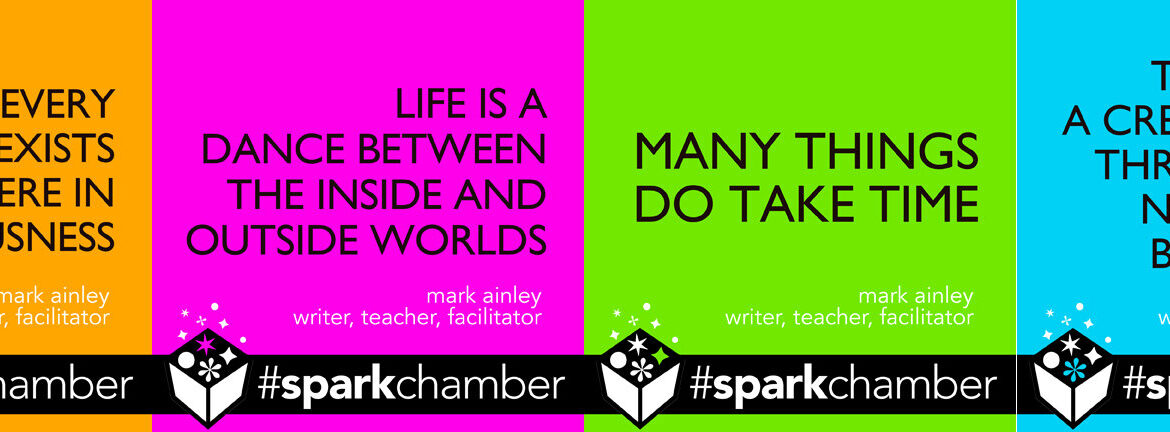
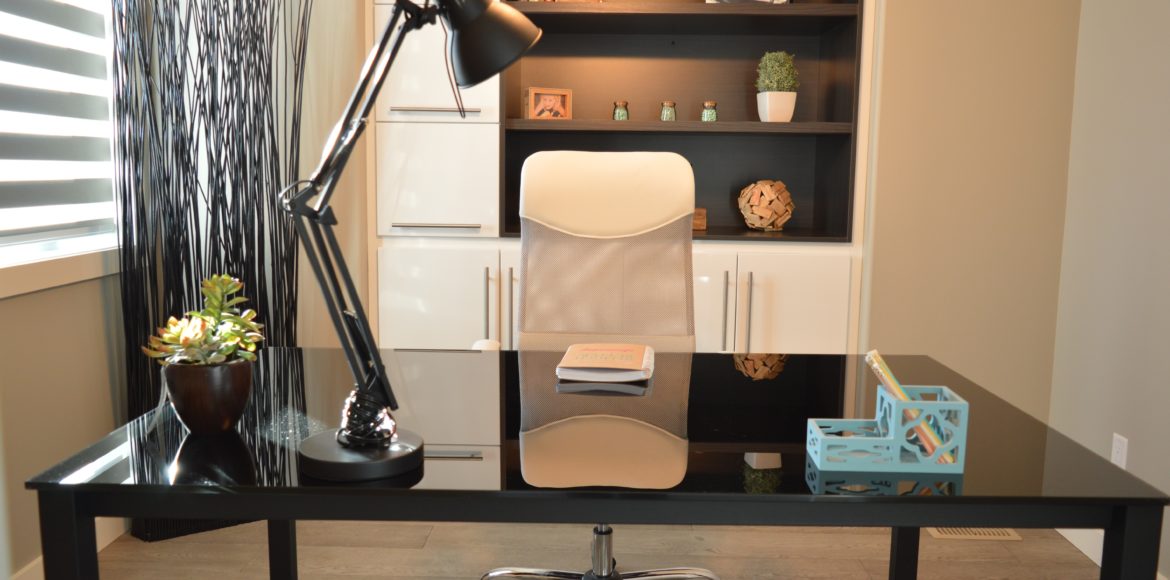


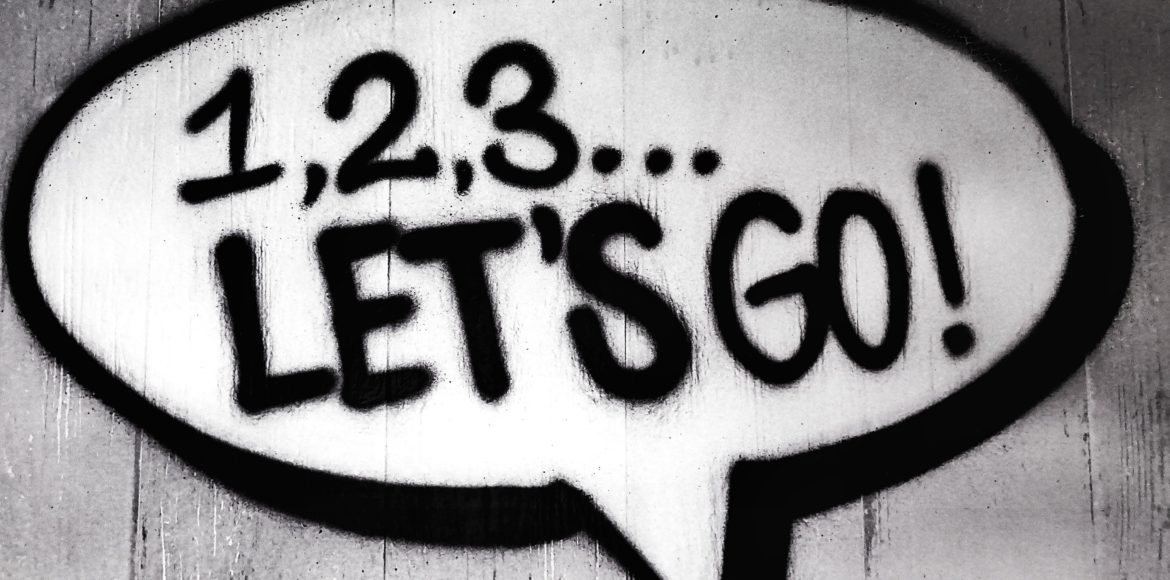
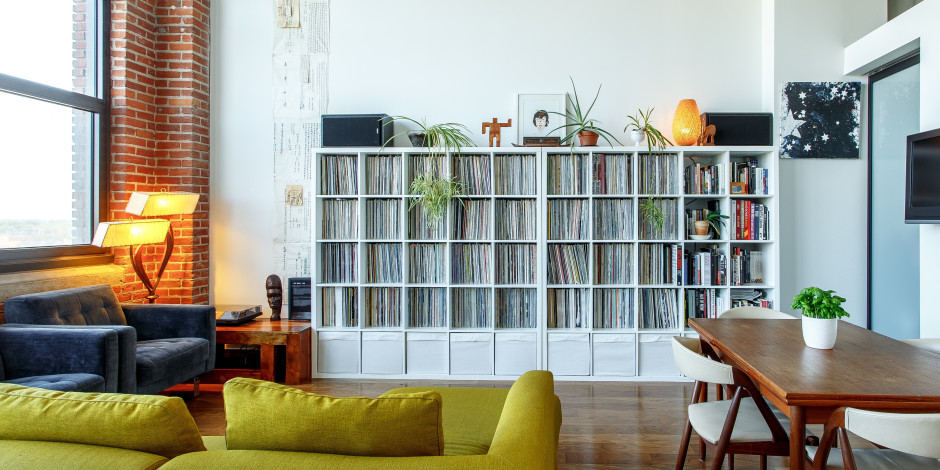
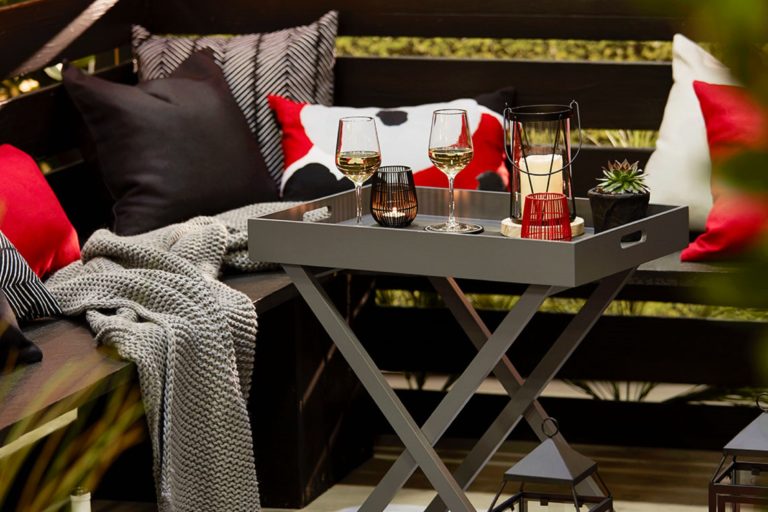



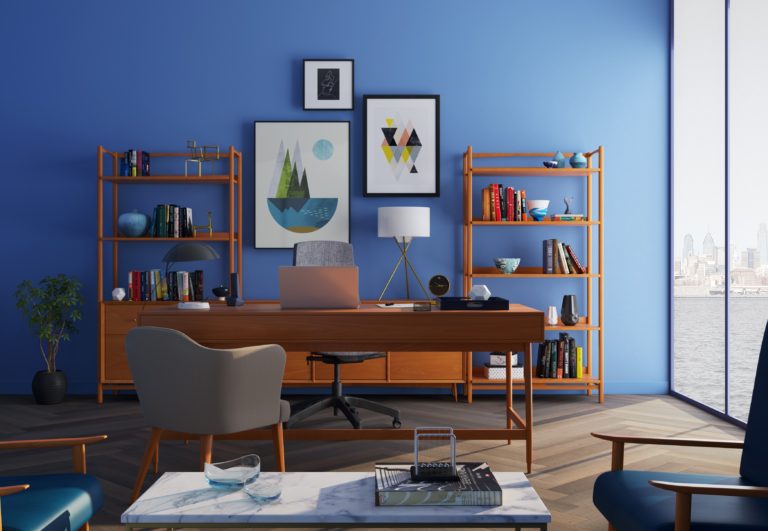
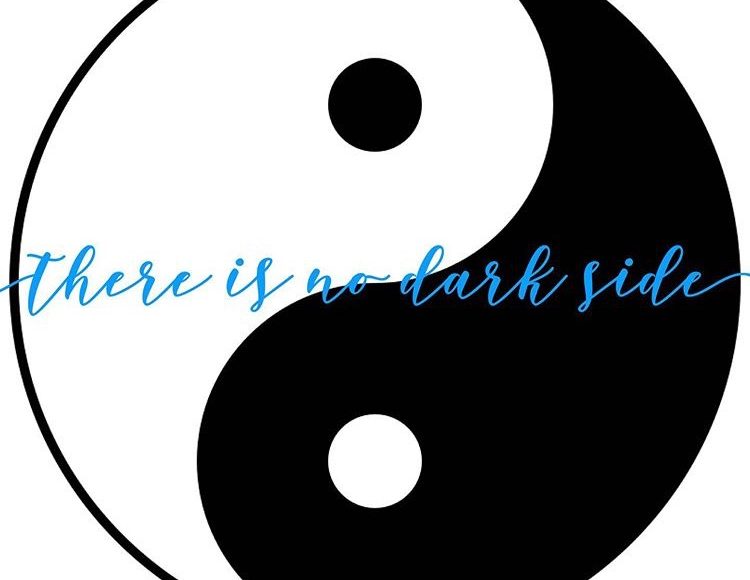
 Our physical world is based on opposites: up and down, left and right are physical realities… and with that comes the judgments of good and bad, right and wrong. Navigating such opposition is one of the major challenges of our lives. The Chinese symbol depicting Yin and Yang polarities is a familiar symbol but has far more depth than most believe.
Our physical world is based on opposites: up and down, left and right are physical realities… and with that comes the judgments of good and bad, right and wrong. Navigating such opposition is one of the major challenges of our lives. The Chinese symbol depicting Yin and Yang polarities is a familiar symbol but has far more depth than most believe. I briefly highlight in this presentation that ‘there is no dark side’. In my workshops I often ask participants to point to the light side – but it’s a trick question the reality is that there is no light side, in that what is seen as the ‘light side’ is actually not fully light. (This shows the reality that our answers in life are only as good as the questions we ask.)
I briefly highlight in this presentation that ‘there is no dark side’. In my workshops I often ask participants to point to the light side – but it’s a trick question the reality is that there is no light side, in that what is seen as the ‘light side’ is actually not fully light. (This shows the reality that our answers in life are only as good as the questions we ask.)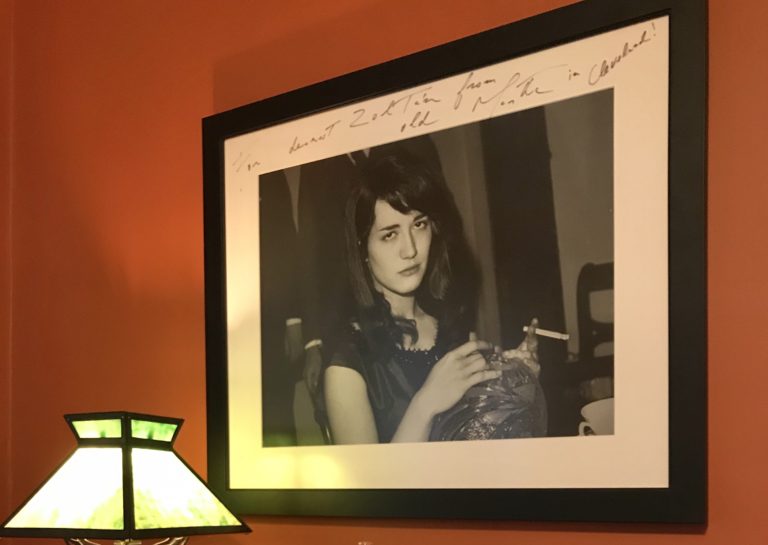
 I have often resisted the use of images of famous people in this area, as I want to encourage people to focus on their own accomplishments. However, I realized when my colleague experienced such a shift in this case that an image of someone you appreciate isn’t riding their coattails so much as it is placing an anchor for the energy of appreciation, admiration, and respect.
I have often resisted the use of images of famous people in this area, as I want to encourage people to focus on their own accomplishments. However, I realized when my colleague experienced such a shift in this case that an image of someone you appreciate isn’t riding their coattails so much as it is placing an anchor for the energy of appreciation, admiration, and respect.
Recent Comments